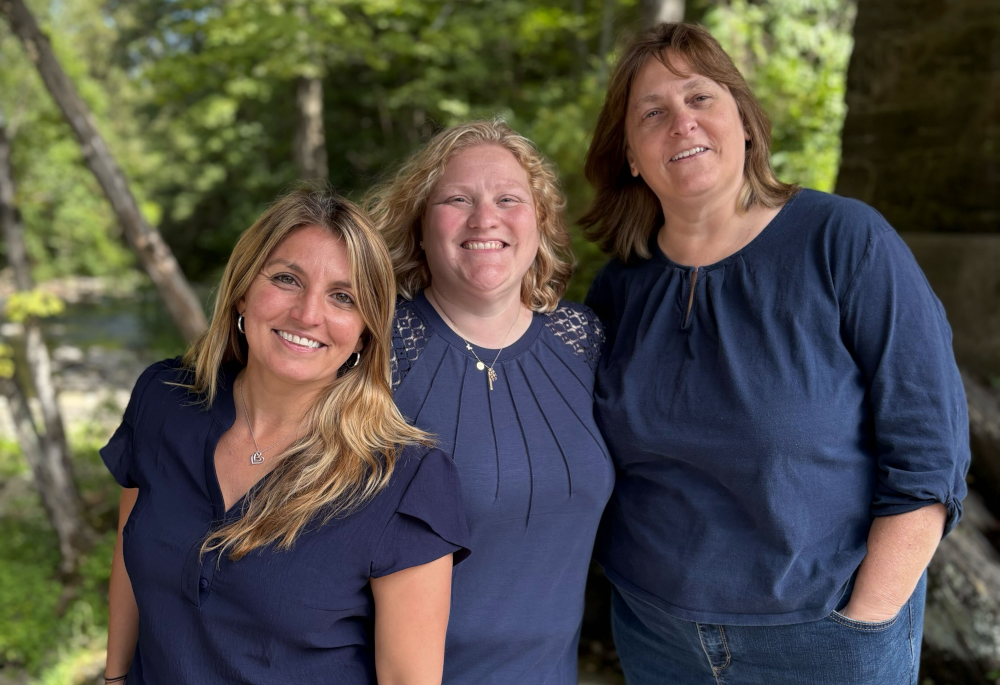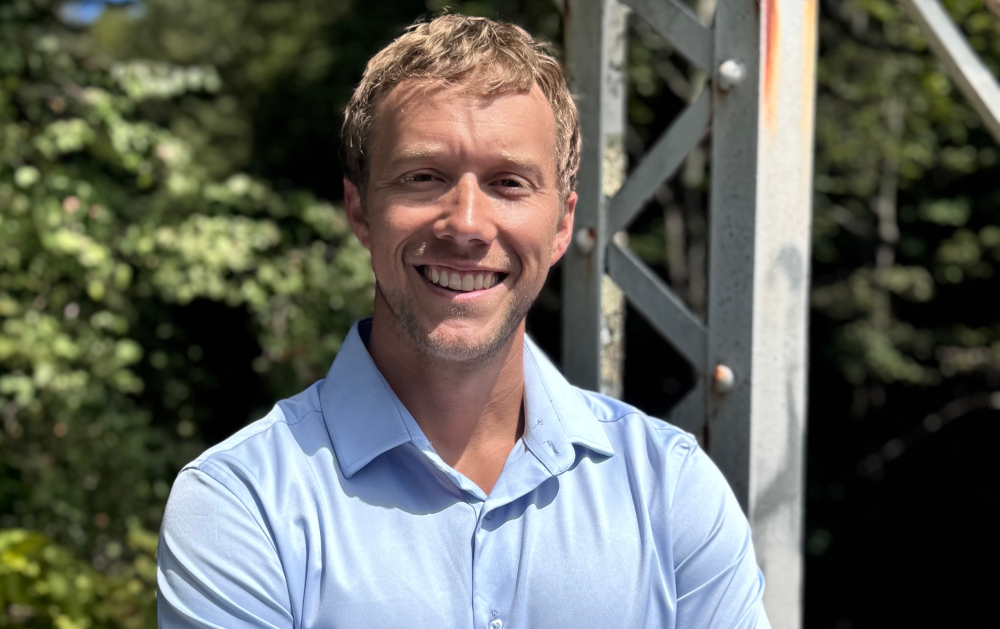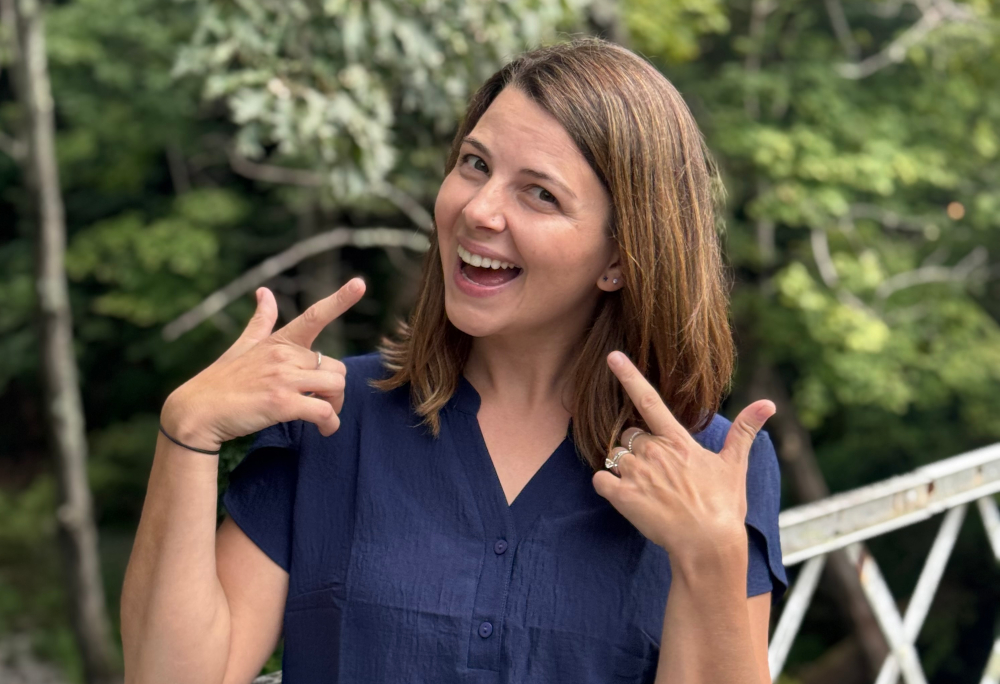Sciota, Pennsylvania
With so much to distract us — televisions, computers and cell phones just to name a few — it’s sometimes hard to unwind at night. Many people find themselves trying different routines that may help them relax and prepare for sleep. Sometimes, this works. Other times, a person may still wake up feeling exhausted.
What gives?
On today’s blog, our sleep apnea dentist in Sciota is providing a list of ways you can renew your sleep habits, and we’re also answering the question: Why, when I try everything right, am I still waking up so tired?
Read on to find out how you may have a dental issue that’s impacting your ability to get a full night’s sleep …
Good sleep hygiene
The first thing anyone should try is to wind down before bed.
This could include:
- Set a realistic sleep schedule and stick to it
- Enjoy a warm soaking bath
- Avoid blue light from screens at least an hour before bed
- Exercise every day
- Avoid food or caffeine after 7 p.m.
- Keep your room dark and the temperature cool
- Make a to-do list for the next day to keep your mind from racing at night
- Drink chamomile tea before bed
But if you try these things and you’re still seeing no progress, it could be time to reach out to our Sciota family dentist who specializes in sleep apnea.
What is sleep apnea?
Tens of millions of Americans suffer from chronic sleep disorders, often marked by loud snoring or teeth grinding (also called bruxism). Both symptoms are often a product of undiagnosed obstructive sleep apnea (OSA), a dangerous condition in which the throat muscles obstruct the airway, causing a person to stop breathing frequently during the night.
If you’re waking up with sore jaws, headaches or earaches, you could be grinding your teeth at night. These symptoms, coupled with daytime fatigue and nighttime snoring, are common signs of OSA.
Here are a few more:
- Insomnia
- Waking up gasping for air or feeling short of breath
- Waking up with a dry mouth or sore throat
- Waking up often to use the bathroom
- Having problems during the day with concentration and remembering things
- Heightened irritability and mood swings
How to fight OSA
Obesity is the leading cause of OSA, so one natural way to combat it is to lose weight. Stress management can also help — perhaps try yoga as part of your daily exercise regime. Our sleep apnea dentist in Sciota recommends limiting alcohol intake for many reasons, not the least of which is because alcohol relaxes the throat muscles, leading to airway blockage and snoring. Also, stop using tobacco products, and use a humidifier in your bedroom at night.
Oral appliance therapy
If none of these natural ways of treating sleep apnea seem to work — if you’re still waking up tired after a full night’s sleep — it may be time to call a dentist. Our Sciota sleep apnea dentist can fit you for a custom-designed oral appliance that will reposition your jaw and tongue at night to keep your airway open as you sleep. In addition to keeping the airway open, wearing an oral appliance will help with jaw alignment. It will also protect your teeth from being worn down because of nighttime grinding. The American Academy of Dental Sleep Medicine calls custom oral appliances “an effective treatment option for snoring and obstructive sleep apnea (OSA).”
Sleep apnea dentist in Sciota, PA
If you’ve been told you snore or grind your teeth at night — if you’ve tried everything to get a good night’s sleep and still wake up tired — give Quiet Valley Dental a call at (570) 865-7850. You can also reach out to us online to schedule a consultation today.






